
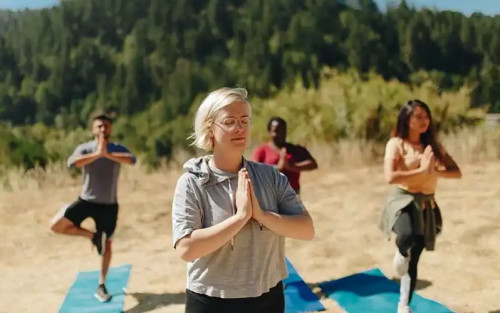




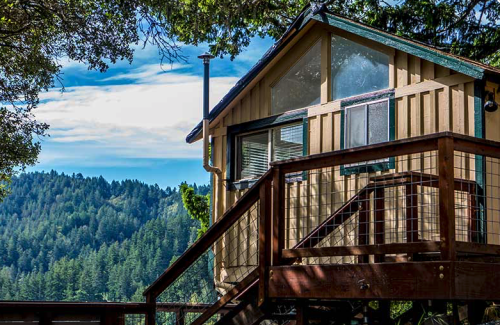
Serenity Knolls
Verified Center
This provider's information has been quality-checked by Recovery.com's Research Team for accuracy and completeness, including center verification through appropriate third-party organizations.
Treatment Focus
This center treats substance use disorders and co-occurring mental health conditions. Your treatment plan addresses each condition at once with personalized, compassionate care for comprehensive healing.
Primary Level of Care
Offering intensive care with 24/7 monitoring, residential treatment is typically 30 days and can cover multiple levels of care. Length can range from 14 to 90 days typically.
Treatment Focus
This center treats substance use disorders and co-occurring mental health conditions. Your treatment plan addresses each condition at once with personalized, compassionate care for comprehensive healing.
Primary Level of Care
Offering intensive care with 24/7 monitoring, residential treatment is typically 30 days and can cover multiple levels of care. Length can range from 14 to 90 days typically.
Provider's Policy
Please call our admissions team for more information on insurance coverage. A knowledgeable member of our team can answer any financial questions you might have, and they can also reach out directly to your insurance carrier to verify and maximize your benefits. This service is free and puts you under no obligation to choose our programming.
Serenity Knolls
Serenity Knolls
About Serenity Knolls
Serenity Knolls provides residential treatment for addiction and co-occurring mental health conditions. Once a summer camp, their private campus spans 12.5 acres of land, surrounded by state park forests and rolling hills. This serene environment offers shared bedrooms, a range of outdoor activities, and family programs on the weekends. Their treatment program includes detox and residential care, with the option to extend the residential stay. Serenity Knolls notably offers a lifetime of aftercare following a 30-day stay at no additional cost.
Personalized, Compassionate Care
Serenity Knolls begins treatment with thorough assessments and health evaluations. These initial assessments identify any family history of addiction or mental health conditions, physical health, and the treatment services that fit each client’s needs. Clients detox under the 24/7 care of Serenity Knolls’ medical doctor, nurses, and clinical technicians if needed. Clients may take prescribed comfort medications for withdrawal symptoms. Serenity Knolls’ Foundation Program provides 30 days of residential care, with daily group therapies and at least one weekly individual therapy session with a licensed psychologist.
Evidence-Based, Intensive Treatment
Serenity Knolls offers a wide range of evidence-based therapies, including cognitive behavioral therapy (CBT), dialectical behavioral therapy (DBT), rational emotive behavior therapy (REBT), and equine therapy. These therapies are delivered in both group and individual formats. Clients meet daily with their counselor to review goals, monitor progress, and address challenges. Group therapy at Serenity Knolls includes process groups, psychoeducation groups, and gender-specific groups for men and women. Weekly family therapy is also available upon request.
Comprehensive, Continuous Care
Serenity Knolls treats several co-occurring mental health conditions, including depressive disorders, anxiety disorders, bipolar disorder, personality disorders, and trauma-related disorders. Their psychiatrist can prescribe medications as needed to support comprehensive treatment. After completing a 30-day stay at Serenity Knolls, clients and their families gain access to a lifetime of aftercare, which includes weekly meetings, weekend programs, annual events, sobriety milestone celebrations, and holiday gatherings.

Highlights from the Center
Highlights
These highlights are provided by and paid for by the center.
Equine Therapy
Nature Lovers
On-site Medical Detox
Center Overview
Treatment Focus
This center treats substance use disorders and co-occurring mental health conditions. Your treatment plan addresses each condition at once with personalized, compassionate care for comprehensive healing.
CARF Accredited
CARF stands for the Commission on Accreditation of Rehabilitation Facilities. It's an independent, non-profit organization that provides accreditation services for a variety of healthcare services. To be accredited means that the program meets their standards for quality, effectiveness, and person-centered care.

Insurance Accepted
Cash Pay Rates
Estimated Cash Pay Rate
Center pricing can vary based on program and length of stay. Contact the center for more information. Recovery.com strives for price transparency so you can make an informed decision.
Meet Your Care Team
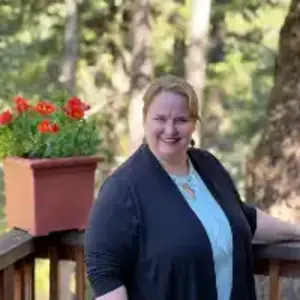
Kris Bazavilvazo
Chief Financial Officer

Melanie Jackson
Director of Operations

Daniel Ceglowski
Medical Director
MD, MBA, FACEP

Nancy Lambert
Clinical Director
PsyD

Ken Griffin
Case Manager
BA, RADT
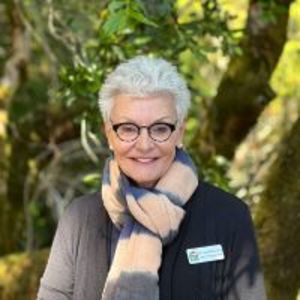
Victoria Granucci
Family Program Director
Ph.D

James Canter
Clinical Supervisor
CADC-II

Mark Barter
Clinical Supervisor
RADT
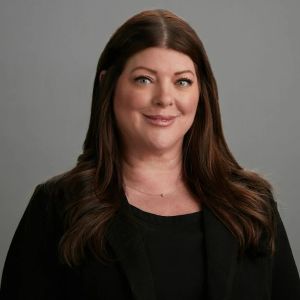
Heather McCrea
Chief Executive Officer
MSW-t

Alessia Bhargava
Consulting Psychiatrist
MD
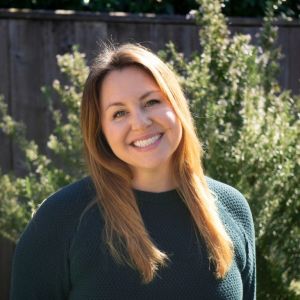
Jessica Hicks
Nurse Practitioner
NP
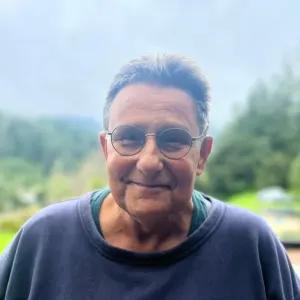
Paul Marra
Therapist
MA, LMFT

Julia Leza-Gardner
Utilization Manager
MBA
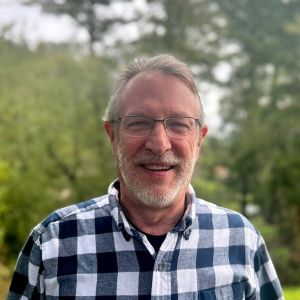
Ron Eisner
Lead Intake Counselor
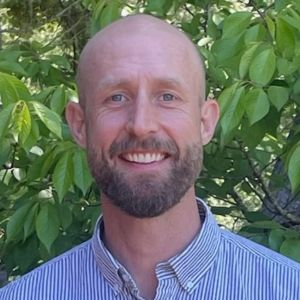
John Cromwell
Therapist
BA, RADT
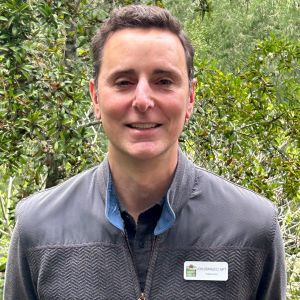
Jon Granucci
Therapist
LMFT
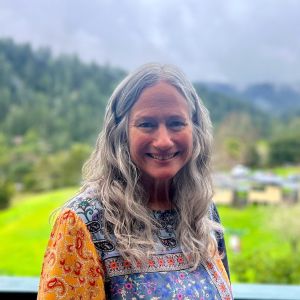
Tish Rutledge
Therapist
AMFT
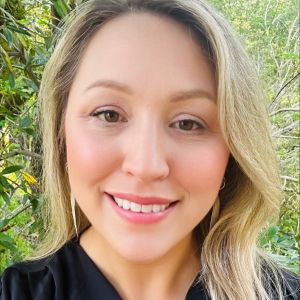
Kyla Green
Therapist
AMFT
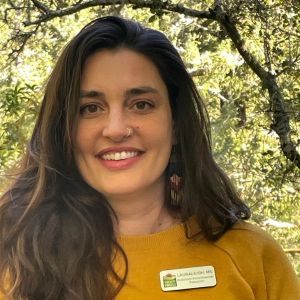
Lauraleigh Hungerford
Therapist
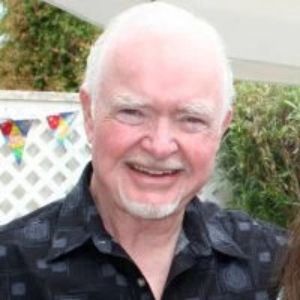
Seamus O’Connor
Aftercare Therapist
LMFT

Susanna Frohman
Case Manager

Maxwell Strohl
Case Manager
BS, CADC-I
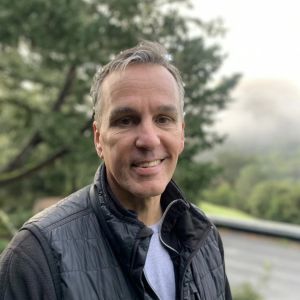
Steven Coleman
Operations Supervisor
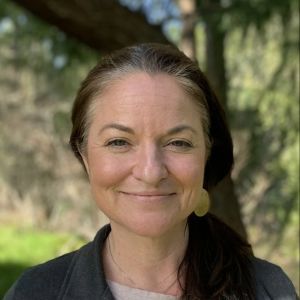
Marcy Avery
Accounts Payable & Risk Management
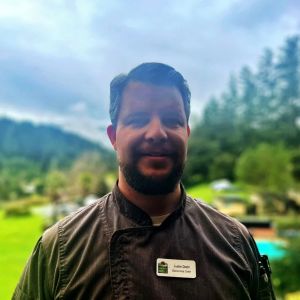
Justin Diehl
Executive Chef




Levels of Care






Your Care Options
Specializations
Alcohol
Using alcohol as a coping mechanism, or drinking excessively throughout the week, signals an alcohol use disorder.
Detox
Detox fully and safely removes toxic substances from the body, allowing the next steps in treatment to begin with a clean slate.
Co-Occurring Disorders
A person with multiple mental health diagnoses, such as addiction and depression, has co-occurring disorders also called dual diagnosis.
Drug Addiction
Drug addiction is the excessive and repetitive use of substances, despite harmful consequences to a person's life, health, and relationships.
Individual Treatment
Individual care meets the needs of each patient, using personalized treatment to provide them the most relevant care and greatest chance of success.
Opioids
Opioids produce pain-relief and euphoria, which can lead to addiction. This class of drugs includes prescribed medication and the illegal drug heroin.
Residential
In a residential rehab program, patients live onsite, with access to daily treatment and 24-hour care. An average stay is 30-90 days.
Who We Treat
Men and Women
Men and women attend treatment for addiction in a co-ed setting, going to therapy groups together to share experiences, struggles, and successes.
Pregnant Women
Addiction and mental health treatment meets the clinical and psychological needs of pregnant women, ensuring they receive optimal care in all areas.
Approaches
Evidence-Based
A combination of scientifically rooted therapies and treatments make up evidence-based care, defined by their measured and proven results.
Family Involvement
Providers involve family in the treatment of their loved one through family therapy, visits, or both–because addiction is a family disease.
Holistic
A non-medicinal, wellness-focused approach that aims to align the mind, body, and spirit for deep and lasting healing.
Individual Treatment
Individual care meets the needs of each patient, using personalized treatment to provide them the most relevant care and greatest chance of success.
Medical
Medical addiction treatment uses approved medications to manage withdrawals and cravings, and to treat contributing mental health conditions.
Personalized Treatment
The specific needs, histories, and conditions of individual patients receive personalized, highly relevant care throughout their recovery journey.
Gender-Specific
Separate treatment for men or women can create strong peer connections and remove barriers related to trauma, shame, and gender-specific nuances.
Therapies
1-on-1 Counseling
Patient and therapist meet 1-on-1 to work through difficult emotions and behavioral challenges in a personal, private setting.
Rational Emotive Behavior Therapy
A type of cognitive therapy that identifies negative self-defeating thoughts and behaviors, rewriting beliefs to be positive, empowering, and present.
Couples Counseling
Partners work to improve their communication patterns, using advice from their therapist to better their relationship and make healthy changes.
Equine Therapy
Guided interactions with trained horses, their handler, and a therapist can help patients improve their self-esteem, trust, empathy, and social skills.
Family Therapy
Family therapy addresses group dynamics within a family system, with a focus on improving communication and interrupting unhealthy relationship patterns.
Yoga
Yoga is both a physical and spiritual practice. It includes a flow of movement, breathing techniques, and meditation.
Conditions We Treat
Personality Disorders
Personality disorders destabilize the way a person thinks, feels, and behaves. If untreated, they can undermine relationships and lead to severe distress.
Anxiety
Anxiety is a common mental health condition that can include excessive worry, panic attacks, physical tension, and increased blood pressure.
Bipolar
This mental health condition is characterized by extreme mood swings between depression, mania, and remission.
Depression
Symptoms of depression may include fatigue, a sense of numbness, and loss of interest in activities. This condition can range from mild to severe.
Trauma
Some traumatic events are so disturbing that they cause long-term mental health problems. Those ongoing issues can also be referred to as "trauma."
Substances We Treat
Alcohol
Using alcohol as a coping mechanism, or drinking excessively throughout the week, signals an alcohol use disorder.
Benzodiazepines
Benzodiazepines are prescribed to treat anxiety and sleep issues. They are highly habit forming, and their abuse can cause mood changes and poor judgement.
Co-Occurring Disorders
A person with multiple mental health diagnoses, such as addiction and depression, has co-occurring disorders also called dual diagnosis.
Cocaine
Cocaine is a stimulant with euphoric effects. Agitation, muscle ticks, psychosis, and heart issues are common symptoms of cocaine abuse.
Drug Addiction
Drug addiction is the excessive and repetitive use of substances, despite harmful consequences to a person's life, health, and relationships.
Ecstasy
Ecstasy is a stimulant that causes intense euphoria and heightened awareness. Abuse of this drug can trigger depression, insomnia, and memory problems.
Heroin
Heroin is a highly addictive and illegal opioid. It can cause insomnia, collapsed veins, heart issues, and additional mental health issues.
Psychedelics
Hallucinogenic drugs—like LSD—cause euphoria and increased sensory experiences. When abused, they can lead to depression and psychosis.
Languages
Aftercare
Care Designed for Your Needs
Personal Amenities
Amenities
Special Considerations
Activities
Yoga
Yoga is both a physical and spiritual practice. It includes a flow of movement, breathing techniques, and meditation.

What people are saying
Treatment
4.4
Accommodations
4.6
Food & Nutrition
4.8
Value
4.7
Mark
Reviewed 05/13/21
Review from Rehabs.com
MJA
Treatment in 2017 • (30 days) • Reviewed 12/18/25
Former Client
•Administration
•Bay Area, CA
Anonymous
Reviewed 05/02/18
Review from Rehabs.com
Catherine
Reviewed 01/24/15
Review from Rehabs.com
NTM
Reviewed 09/29/14
Review from Rehabs.com





